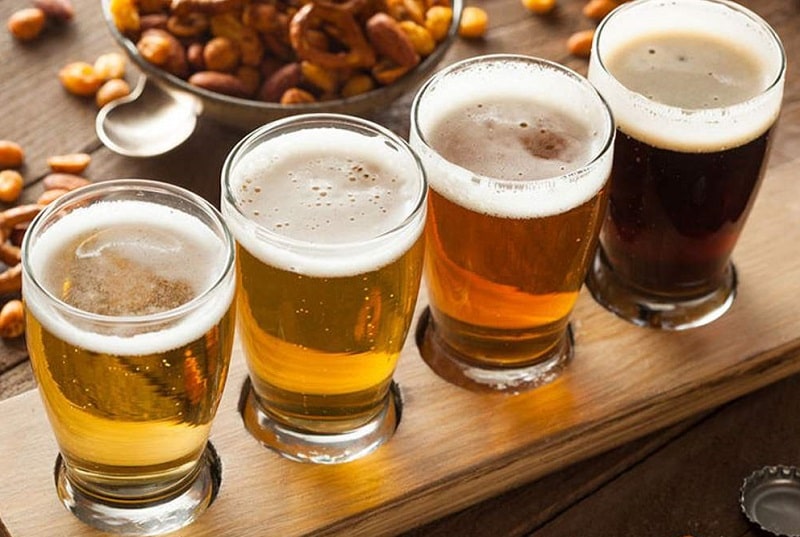History of Beer
The history of this familiar drink goes back several millennia and it was first mentioned in the distant early Neolithic era. More than 6,000 years ago, man began using various techniques to turn ordinary bread into a fragrant, tasty beverage.
When travelling to Brasserie and choosing a beer, keep in mind the fact that today it is the world’s oldest alcoholic drink, with a history that predates our era. The first inventors of beer in those days were the ancient Sumerians, whose cuneiform writing was discovered in Mesopotamia. It contained about 15 recipes of the tasty beverage.
To brew the best kind of beer, the inhabitants of Mesopotamia chose spelt, which was ground with barley and herbs and then diluted with water. It was then left to ferment. The beverage was made on the basis of wort.

Further development
The next stage in the history of tasty beer was the famous Babylonian civilisation. In this period there was a significant improvement in taste qualities of the drink because germinated and dried grains were used for malt production. But the malted beer was kept for no longer than a day. To flavour the drink, spices, dried oak bark, bee honey and leaves from different trees were added.
Gradual spreading of beer took place in Ancient Egypt, in India and countries of Persia, on the territory of Caucasus, but in Ancient Greece the drink was mainly chosen by poor people. Later on, beer gradually developed with the start of the Middle Ages, with this period being considered its second birth, which took place in Germany. The German name for the drink, Bier, comes from the old Germanic sounding Peor or Bror, while in English ale appeared.
During this period hops were added to the drink, which resulted in a significant improvement in flavour and the resulting shelf life was greatly extended. Beer could now be transported safely over different distances and gradually became an important trade item. As a result hundreds of recipes and many varieties of beer appeared.
In the 19th century, Louis Pasteur discovered the existing relationship between the fermentation process and yeast cells, resulting in a pure culture of beer yeast. This led to the development of industrial brewing worldwide.
